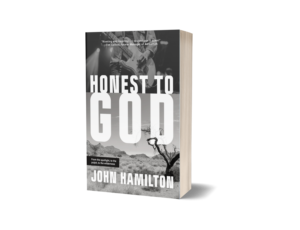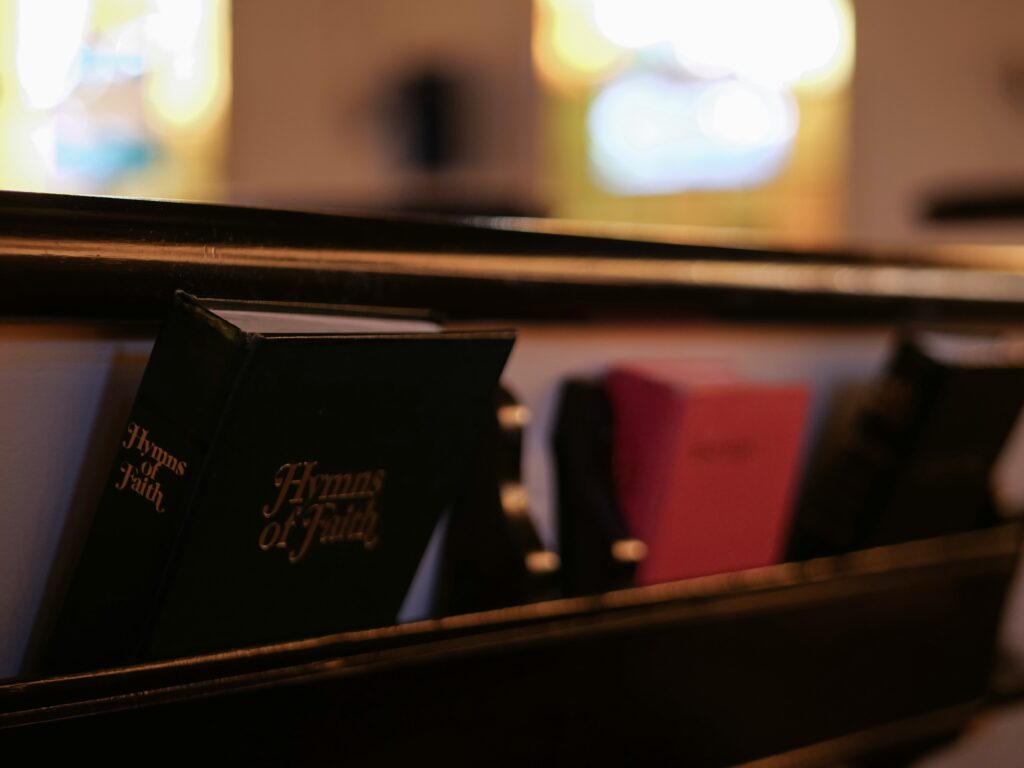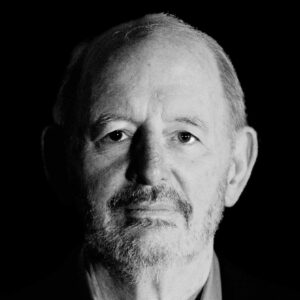I cannot listen to music while I am writing. Perhaps because the act of making music preceded, for me, the act of making words make sense on paper. It doesn’t matter what style of music—I have tried classical music, lo-fi, jazz. Nothing works. My ear is immediately drawn to the sound and my concentration is broken. I need absolute and complete silence. I would gladly work in Proust’s cork-lined room if I could.
But within that silence, there is always music. In addition to the many songs that appear in Honest to God, I always hear a soundtrack for a particular chapter. Often, it is lifted right from the words. At other times, it is the feelings of the chapter that suggests a song.
So this Honest To God playlist is also a soundtrack to the book, with each chapter assigned a correlating song. You can listen along to it on Spotify.

- Dirty Water (The Standells)
The opening riff to this song, a simple six-note guitar phrase (best played with the amps on 11), is the unofficial anthem for the city of Boston. It was one of the very first songs I learned to play and it was the song that Newsboy, the band in the first chapter, used to close out the night. When writing about those dive-y clubs where the crowds were always raucous and the music was always ear-piercingly loud, this is the song that floats back into my mind. Its opening is still, to me, like an electric shock.
- Tantum Ergo (Thomas Aquinas)
I have many Catholic hymns embedded in my memory, that I could still sing without consulting the music. When, in the book, I describe the effect of singing a cappella, in four-part harmony, in a large stone church, with a well-trained choir, this hymn is the exemplar. I probably have sung this hymn thousands of times. The ethereal overtones created by this ancient melody (allegedly composed by St. Thomas Aquinas) are haunting and almost certain to induce a feeling of transcendence and otherworldliness, a major theme in the book.
- Every Breath You Take (The Police)
The inability to breathe, and the first time I experienced out-of-control panic, occurred when I was performing this song. The irony: every breath I couldn’t take. When I hear Andy Summers opening guitar riff that starts this song, I am immediately transported through time and space to that moment, that single instant when my amygdala malfunctioned, shooting adrenaline through my body, forever changing my life.
- My Old Dog (John Hamilton)
There is a scene in Honest to God where I describe doing a service at a nursing home and how I would take my dog along as a sidekick. I have only written one song about a dog—this one— and it appeared on my CD Zero 2 Sixty. It wasn’t just written about this dog, a big, gentle Husky, named “Tucker,” who went everywhere with me. It was written with him at my feet shortly before he died. I still have a little trouble listening to this. But in this scene, he is very much alive and part of the action.
- Doctor Wu (Steely Dan)
It’s always dangerous trying to decipher Steely Dan lyrics, but “Doctor Wu” is likely about addiction. The “Doctor” in “Doctor Wu” reminds me of the doctor I saw in the hospital when I tried to figure out what was going wrong with me. “Are you with me, Doctor Wu?” the singer asks. As I, the patient ask (metaphorically) in the book. The doctor, in both the song and in the book, don’t have a clue.
- They Can’t Take That Away From Me (Sarah Vaughan)
I have always been a fan of the Gershwin brothers and I played this song hundreds of times at piano bars. Here, in the book, it takes on a different meaning. It is not coy or flirtatious. It speaks to something essential: a part of who one is that never leaves, that can never—despite life’s ups and downs—be taken away.
- Aguas De Marco (Antonio Carlos Jobim)
Wedding bands, which show up in this chapter, take bossa novas and melt them down into pablum. I included this song because I do admire the complexity and harmonic inventiveness of real bossa nova. In this case, the song is by the master, a name synonymous with Brazilian bossa nova: Antonio Carlos Jobim. It doesn’t get much better than this.
- Born To Be Wild (Steppenwolf)
This song references the biker funeral scene, and comes from its close association with “Easy Rider” and the iconic motorcycle ride of Peter Fonda, Dennis Hopper and Jack Nicholson through that most American of place, the southwest desert. The start-up growl of a bike is, to me, like pushing “play” on this song.
- “Drive My Car” (The Beatles)
My entry into the advertising world, the lucky break that happens in this chapter, is all about cars. Writing about cars, shooting commercials about cars, composing jingles about cars. Though The Beatles’ catalogue has been only rarely plundered by advertising, I always thought this song would have made a killer soundtrack for a car commercial.

- Come Ye Thankful People Come (David Tolk)
This is the rare hymn that gives me a bit of synesthesia. In this chapter about Thanksgiving, this warmest of holidays, simply hearing this hymn makes me feel warm and brings the smell of freshly baked bread to mind. “All is safely gathered in/Ere the winter storms begin,” two lines from the hymn, would be an apt description of the chapter.
- Hollywood (Lauren Wood)
Whenever I see the Hollywood sign (which happens in this chapter), I immediately think of this song by Lauren Wood. It comes from one of the most criminally underrated albums of the early 80s, the self-titled Lauren Wood. The song goes right for the heart of Hollywood culture and finds, along the way, there is no heart. I could listen to this song on repeat for hours.
- Tennessee Christmas (Amy Grant)
Fair warning: I have always loved Amy Grant. Somehow, when my kids were little, this song became our official begin-to-decorate-the-Christmas-tree song. In this chapter about Christmas, this song conjures up, for me, all the goodness of Christmas Eve: home, hearth, family. The chapter finds the sacred in community. This song, for me, finds the sacred in family.
- Back In The Highlife Again (Steve Winwood)
I remember slipping the CD of this album (same title as the song) in my first car with a CD player. It was a brand-new Buick, a company car, that I got as part of my package as Vice President/Creative Director at a large advertising agency. After a long time in the wilderness, I was, as of this chapter, back in the high life. Only this time, I was sober.
- Dust In The Wind (Kansas)
It’s easy to make fun of this song: an out-of-touch, arena-rock band going acoustic and singing about the simplicity and futility of life. But strip that all away and you have, basically, Ecclesiastes: “All are from the dust, and to dust all return.” (Ecclesiastes 3:20) In this Ash Wednesday chapter, the chapter that deals the most with mortality, these words actually appear. To dust we shall return, indeed.
- On The Nature of Daylight (Max Richter)
This lush, cinematic piece, with its achingly beautiful melodies sounds, almost simultaneously, medieval and modern. Its progress is always searching, always seeking and, just when it seems to resolve, continues in another direction. This reflects the Abbey of Gethsemani experience in this chapter. It is always seeking, never finding. But, as in the melodic contours of this piece, there is always the overtones of hope, that something worthwhile waits just around the corner.
- I Will Remember You (Sarah McLachlan)
For this chapter about memory, this song is the perfect marriage of lyric and sentiment. It is also sung so wistfully, so yearningly by Sarah McLaughlan that it captures, perfectly, the emotion in the scene. Almost certainly, every person mentioned in this chapter is now dead and gone. But I remember each and every one of them.
- Any Other Name (Thomas Newman)
The elegantly simple piano piece from Thomas Newman comes from the movie “American Beauty.” It shows up, and becomes a motif, when contemplation and change are taking place in one of the characters. I find this piece has the power to automatically induce reverie out of silence, which is at the heart of the monastic experience of this chapter.
- San Diego Serenade (Tom Waits)
I opened for Tom Waits on a couple of occasions and first heard this song during a sound check, now forty years ago. It is, for me, one of the most heart-wrenchingly powerful ballads of loss. One can say “you don’t always know what you’ve got till it’s gone,” but this song gets to the deepest part of losing and regret, in both the lyrics and Waits’ vocal performance. Since this chapter is about nearly losing someone very close, I hear the emotion that brings up in every line of this song.
- Hkaye (Amal Murkus)
When I was in Jerusalem, where part of this chapter takes place, I went into a music store and asked for the most authentic current music. The person in the store, without hesitation, reached for this brand-new release by a Palestinian singer. I have no idea what the lyrics are about, but the plaintive voice of Amal Murkus and the rhythm of this song takes me right back into the narrow alleyways of Jerusalem, the multi-cultural (then) hustle and bustle of street vendors, falafel carts, Hasidim and tourists.
- Here Come The Sun (John Hamilton/The Beatles)
This song, and my playing of this song appears in this Easter Sunrise chapter. I recorded this song, taking it apart piece by piece, and then putting it back together again. The song not only appears in the chapter, the recording process reminds me of what the Sunrise service does: it takes several individual parts and blends them into something where the whole is much greater than the sum of the parts.
- Here I Am, Lord (Anne Marie David)
This Catholic hymn, so overplayed and overperformed, takes on a new hue in this delicate version by Anne Marie David. The idea of a “calling” is something that has disappeared into the past for me. But the words “Here I Am,” which show up so many times in the Hebrew Bible, still have resonance for me. Whether clergy or friend, parent or partner, showing up is the most powerful of actions.
- My Foolish Heart (Bill Evans)
Bill Evans is my favorite piano player. When I studied jazz, I basically studied Bill Evans. I met him on a couple of occasions and studied with one of his students. His “slow motion suicide” (due to a heroin habit) only adds a piercing beauty to this already winsome standard. This chapter explores all the foolish assumptions I had entering ministry—but gently, as the song does—lets me off the hook. You go where your heart leads you, and that is never foolish.
- Goodbye To All That (John Hamilton)
This line, taken from Joan Didion’s short piece about leaving New York, is the coda to the book. The lyrics point to a continuity: that something will follow, but this, for now, is an ending.

